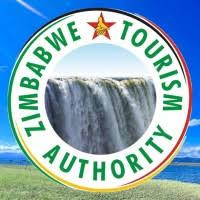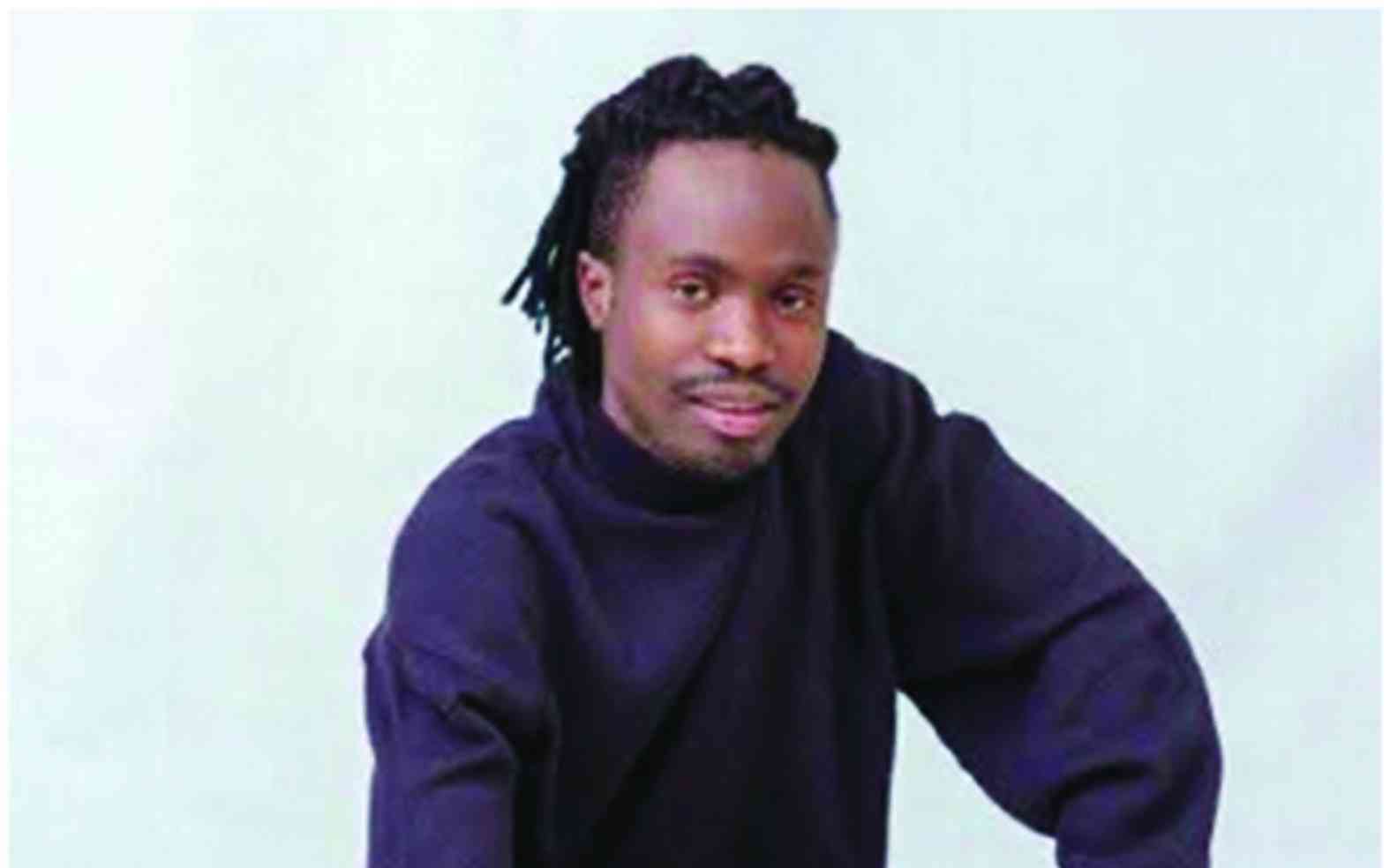
Ten percent of Zimbabwe’s population are estimated to be gay or lesbian – they are simply born like this. However, only few dare to disclose their sexual orientation as homosexuality is largely rejected by the Zimbabwean society and considered a taboo.
The current Zimbabwe Criminal Law (Codification and Reform) Act makes specific sexual acts illegal. According to popular belief, however, homosexuality is a crime. The national media exacerbates this attitude in Zimbabwe with homophobic statements by government leaders contributing to a misinformed, highly discriminatory socio-political environment.
In 2013, Zimbabwe adopted a constitution prohibiting same-sex marriage. It leaves the sexual minorities in a quandary, however, because it is silent on whether or not gay or lesbian love affairs are legal.
The marriage bill that has brought up the concept of civil partnerships has been precise in defining it as a relationship between a man and a woman .The term on its own being interpreted internationally to mean people in same sex relationships has caused the community and cabinet to want to remove it noting that because it has a gay international interpretation thus it does not uphold the countries moral standards. The issue of inclusion of same sex marriages has been removed from conversation totally showing that we are far from realising these rights.
The Bill outlaws same-sex marriages in the definitional section of terms, by defining the term “marriage” as meaning a marriage solemnised, registered or recognised as such in terms of the Act, being a union between persons of the opposite sex.
This is in line with Section 78 subsection 3 of the Constitution, which clearly states that, “persons of the same sex are prohibited from marrying each other”.
Speaking to one of the victims who had to flee Zimbabwe for fear of her dear life, says she was harassed and attacked on a number of occasions whilst she was still in Zimbabwe and now even if she feels that home is best she still fears for her life that if dares returning she might get killed or jailed.
“I have been harassed and attacked on several occasions and that prompted me to flee the country to save my life. There’s this one day I will never forget, I was in the Harare Gardens Park with a woman I was dating, and three men approached us and urinated on us calling us Ngochani (a derogatory name given to gays/lesbians in Zimbabwe).
- Chamisa under fire over US$120K donation
- Mavhunga puts DeMbare into Chibuku quarterfinals
- Pension funds bet on Cabora Bassa oilfields
- Councils defy govt fire tender directive
Keep Reading
“Another unfortunate incident took place in 2018 when I was assaulted by six men who stayed in our neighbourhood, these men knew about my sexuality since they always saw me with my partner. I sustained head injuries during the assault, when I reported my case to the police telling them I have been attacked by some men questioning my sexuality. The police said they could not do anything mentioning that my story was a bit complicated to open up a docket for gays/lesbians here in Zimbabwe” she added
Homosexual persons often experience violence and marginalisation due to their sexual orientation. Aggression towards them ranges from verbal abuse and bullying to social discrimination, physical violence and psychological torture. This trend of abuse has been rampant mostly in the central parts of Harare, Gweru, Bindura and Bulawayo.
According to ZimRights, a human rights group, there were approximately 760 reports of attacks on homosexual university students in 2018. Chesterfield Samba leads the Gays and Lesbians of Zimbabwe (GALZ), a civil-society organisation. He says that “suspected gay students are being tracked down by their anti-gay colleagues in clubs, bars and even in their homes. They are openly harassed, assaulted or even killed.”
Zimbabwe is one of the non-accepting countries in the world for gay, lesbian and transgender people. A 2006 revision to the country’s criminal code expanded the penalty for sodomy to include acts that “would be regarded by a reasonable person as an indecent act”. This could include two men/women holding hands or hugging, and it can be punished by an extended prison term.
According to a 2018 survey by the non-governmental organisation GALZ (Gays and Lesbians of Zimbabwe), 50 % of gay men in Zimbabwe had been physically assaulted, and 64 % had been disowned by their families. Twenty-seven percent of lesbians also reported harassment, assault and disownment. Often, they are accused of exposing their parents to “blame and shame”.
Some families in rural areas assume that their gay son or lesbian daughter is possessed by Satan or demons. Traditional leaders evict them from their villages. A young man from western Zimbabwe, who prefers to stay anonymous, recounts that people in his village, believed that “even with a handshake, I would transfer homosexuality”. The elders decided that he was unfit to stay in the community.
The late former Zimbabwean president Robert Mugabe is well known for his furious speeches against Zimbabwe’s LGBT community, calling them “worse than pigs and dogs” and must not be allowed in society.
At some point he was asked by an AP reporter if Zimbabwe had no gay rights this was his response: “They have no rights whatsoever! They are an abomination and against human nature and God,” he shouted as he grabbed him by the arm and jostled him, causing his head to knock against a video camera behind.
In an in-depth LGBT article done by Grace Badza early this year she spoke to several victims who requested anonymity for fear of victimisation.
“They say I am the reason why the Biblical towns Sodom and Gomorrah were destroyed,” an elderly gay man recounts. “They call me an abomination with no acceptance in the Christian religion.”
Another man says that he was harassed at work: “They fired me. I have no source of income anymore.” Many LGBTI people in Zimbabwe suffer from low self-esteem; they are isolated and often depressed. “I have no place in society,” a young Lesbian in Harare says. “Where do I run to?”
Zimbabwe is no exception. Homosexuality is outlawed in 35 African countries and punishable by death in two countries, Mauritania and Sudan, as well as in some areas of Somalia and Nigeria, according to Amnesty International.







